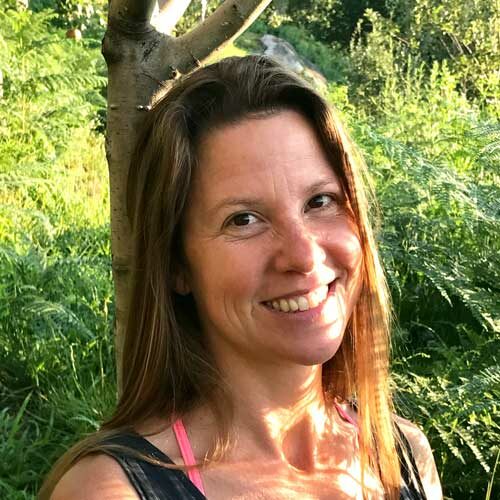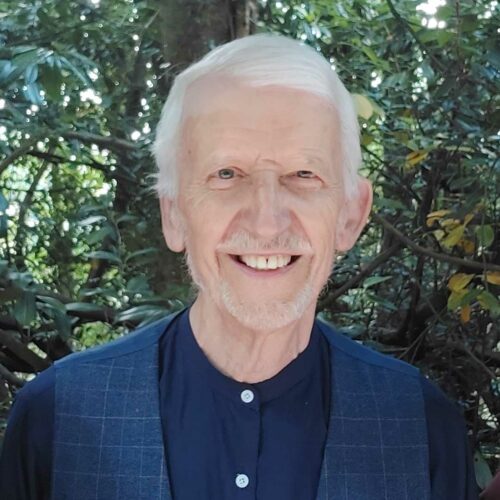We sometimes think of not knowing as something negative, but is it really? Truly not-knowing allows spaciousness, openness, and much greater intimacy. When we make not-knowing an intentional action, the barriers that hold us back from true intimacy begin to dissolve, offering much deeper connection with each other, and with the entire universe.
With Tenku Ruff Osho recorded on April 18, 2021.
Found our teachings useful? Help us continue our work and support your teachers with a donation. Here’s how.
Discover more from the Dharma Library
-

Daily Meditation Recordings, with Ayala Gill – Week of 03 February, 2025
We’re delighted to have Ayala Gill leading our Daily Meditation sessions this week. May they bring depth and joy to your practice.
This week’s theme is: From Suffering To Love
Suffering is a messenger inviting us to include more of this moment with love. Rather than fussing, numbing and fixing, we pause in the midst of reactivity to breathe, come into the body, unhook from stories and feel emotions with love. This allows us to respond to life from love. Suffering returns us to love by showing us what we leave out of its limitless embrace.
Our Dharma Library thrives through collective generosity. Your donation helps sustain this offering for our entire community.
-

Daily Meditation Recordings, with Caverly Morgan – Week of May 11
We’re very grateful to have Caverly Morgan hosting our Daily Meditation Series for North America. To find out more about Caverly, and to view her past recordings and contributions to Sangha Live, click here. Monday, May 11 Noticing the space between the thoughts Wednesday, May 13 What’s left when things fall apart? Friday, May 15…
-

Natural awareness: practicing in daily life.
Recorded :
July 10, 2016 Meditation is often viewed as something restricted to a certain posture or time of day. For most of us, the majority of our life will not be on retreat or even spent in a formal sitting posture. If we want to make best use of our daily life, it’s important to know that being aware…
-

Adapting meditation practice to activities in daily life.
Recorded :
September 18, 2016 Worldwide Insight talk from Christelle Bonneau: “Adapting Meditation Practice to Activities in Daily Life”. Guided meditation, Dharma talk and Q&A.
-

Daily Meditation Recordings, with Nirmala Werner – Week of March 20 – 24, 2023
This week’s topic is “The Art of Embodied Listening”. This week is an invitation to explore the skill of true, deep and embodied listening. Living in a culture where people are mainly self-focused, wanting to express themselves, we can look into our capacity to listen. Rather than talking to ourselves we can learn listening with our whole body to others, ourselves and to silence in which all phenomena arises. Creating space to express, really tuning into “what’s going on here?“ enables our stress, worries, fear and insecurities to be unveiled and liberated and is a powerful tool for cultivating insights.
-

What is the Ultimate Truth?
Recorded :
June 5, 2022 The world of mind-body, mindfulness, meditation and well-being maximises priority on conventional or relative truth. This requires wise attention and change relative to our experience. We are familiar with taking up views, remaining neutral with views or holding onto views. We might call these views relative or absolute. Can we discover (ultimate) truth not bound…
-

Exploring dukkha.
Recorded :
April 5, 2015 Worldwide Insight talk from Kittisaro: “Exploring Dukkha”. Guided meditation, Dharma talk and Q&A.
-

Angulimala: an ethical transformation
Recorded :
December 10, 2017 Shaila tells the life story of Angulimala and his transformation from notorious robber and murderer to a peaceful, compassionate, truthful, and awakened monk. It is an inspiring example of the power of restraint, and the potential for redemption. Habits and dispositions do not need to control our lives. We can stop unwholesome, unhealthy, and harmful…







